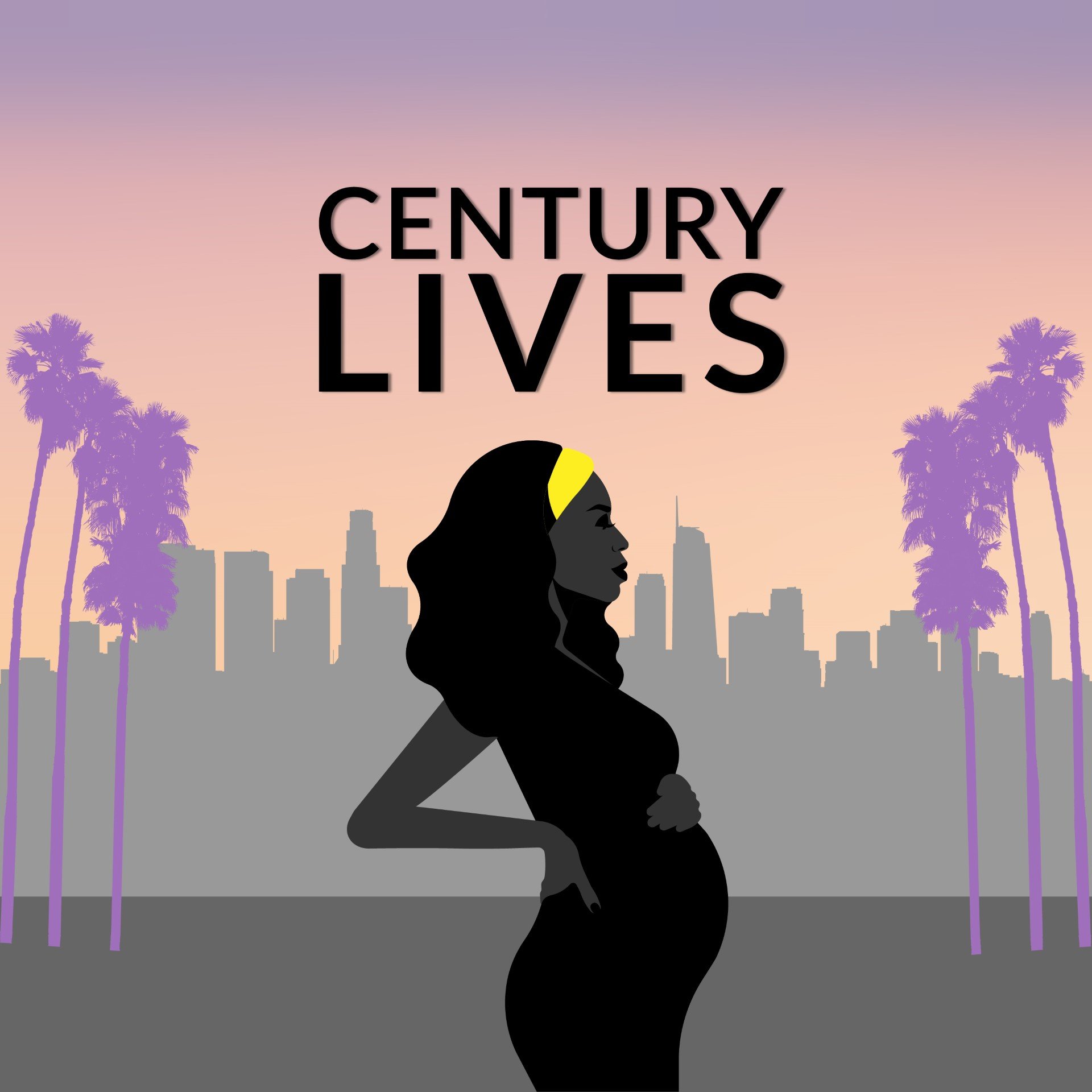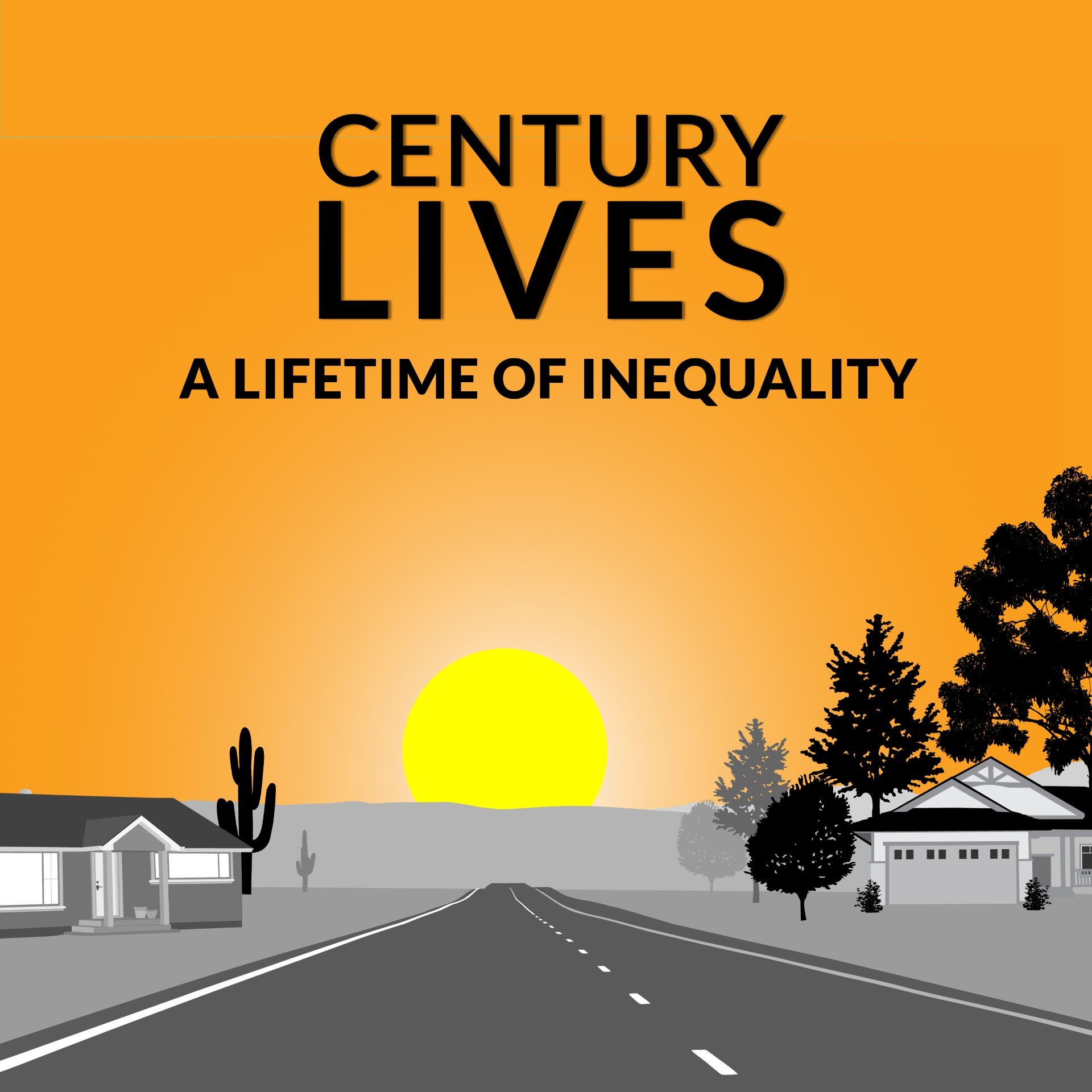Century Lives: A Lifetime of Inequality
How do we extend longer, healthier lives to more Americans?
It is a fundamental goal of society to afford everyone the chance for a long, productive life, but it is a challenge that we are not yet meeting, as life expectancy diverges enormously across states, counties, towns, and even neighborhoods. And, there is not a single cause of these inequities as some might imagine. Research shows that they are the cumulative consequences of inequalities that begin before birth and extend into late life—and represent the cumulative impact of poverty and disadvantage. Ultimately, until we contemplate the full scope of the challenge, it will be hard to offer anything more than piecemeal solutions.
In Season 4 of Century Lives, we investigate a “A Lifetime of Inequality:” the crucial disparities in life expectancy that come as the result of the decisions our society makes—or doesn’t make. Over six episodes, starting in early life and extending across the lifecourse, we’re going to be looking at the big choices that can have enormous impact on the course of our lives.
Episodes
Episode 1: New Mexico Could Not Hear the Train.
In Episode 1 of Century Lives Season 4: A Lifetime of Inequality, we visit Albuquerque, New Mexico, to explore the impact of early childhood education on lifelong health. The story looks at the impact of high quality early childhood education on health, and then follows the 12-year effort to pass Constitutional Amendment 1—an amendment to fully fund childhood education for all children in the state.
Episode 2: It Takes A Village
As it turns out, a person's lifelong health and longevity take root even before they are born. Preterm birth and low birth weight are connected with a range of medical issues that span the life course—including all-cause mortality. But when it comes to maternal and infant health, complications for Black mothers and babies far surpass those of other demographics. In Episode 2 of Century Lives: A Lifetime of Inequality, we head to Los Angeles County to find out why—and to learn how the African American Infant and Maternal Mortality Initiative is working fiercely to improve health outcomes for Black mothers and babies.
Episode 3: Heat is (Not) My Jam
In Episode 3 of Century Lives Season 4: A Lifetime of Inequality, we go to Phoenix, Arizona, to understand how it is that the built environment can have great consequences for lifelong health and longevity. We focus our story on trees, which are abundant in wealthy North Phoenix, and almost completely absent in South Phoenix—instead replaced by concrete, warehouses, railroads, highways and the like. In Episode 3, we discuss how climate change and excessive heat are undermining healthy longevity, and how this primarily affects poor and underserved communities.
Episode 4: The Emerald Necklace
In Episode 4 of Century Lives: A Lifetime of Inequality, we explore how the built environment—and trees—impact communities. Renowned landscape architect Frederick Law Olmstead designed Buffalo, New York around its parks, and it was once considered the best-designed city in America. But in the mid-20th Century, one of his parkways was torn out and replaced with a highway that connected downtown with the new suburbs, in the name of urban renewal. We explore the impact of the highway on the surrounding community and traffic safety for automobiles and pedestrians alike. The city plans to put a cap on the highway to restore the urban parkway—and Frederick Law Olmstead's vision. But is it too late?
Episode 5: Zombie Takis
Obesity rates have exploded in the US over the past half century, with negative consequences for healthy longevity. In Episode 5 of Century Lives: A Lifetime of Inequality, we travel to rural Arkansas, where we visit countless dollar stores and explore the impact of ultra-processed foods on the obesity epidemic. We also examine potential solutions – from anti-obesity medication to Food Is Medicine interventions – as we begin to tackle obesity as a disease and not a personal choice.
Episode 6: Alone Again (Unnaturally)
In the final episode of Century Lives: A Lifetime of Inequality, we explore an insidious epidemic, equivalent to the health effects of smoking 15 cigarettes a day. It can cause inflammation, heart disease, stroke, type 2 diabetes, and it can cut our lives short by as much as 30 percent. No, it’s not Covid, or a virus, or a bad diet. It’s loneliness. More than 60 percent of Americans report feeling lonely and disconnected, and that number only continues to rise. In Episode 6, we explore the health effects of loneliness. Our host Ken Stern seeks to overcome his own feelings of isolation—as he sets out to make six new friends in his neighborhood.
Click the button below to catch up on season 3, and to learn more!
With thanks to our sponsors…








